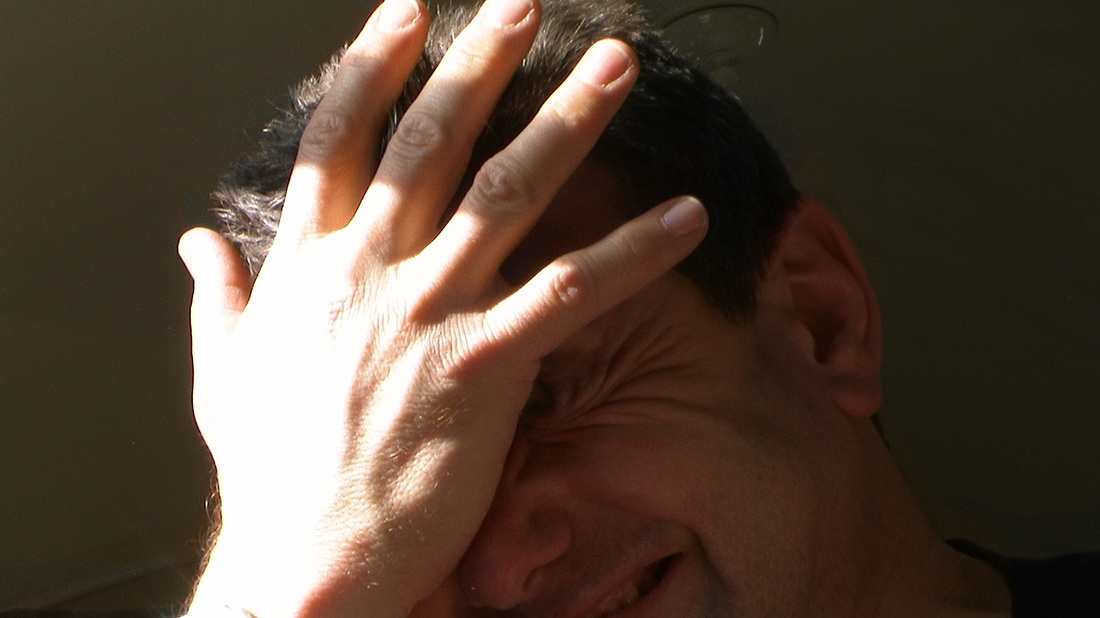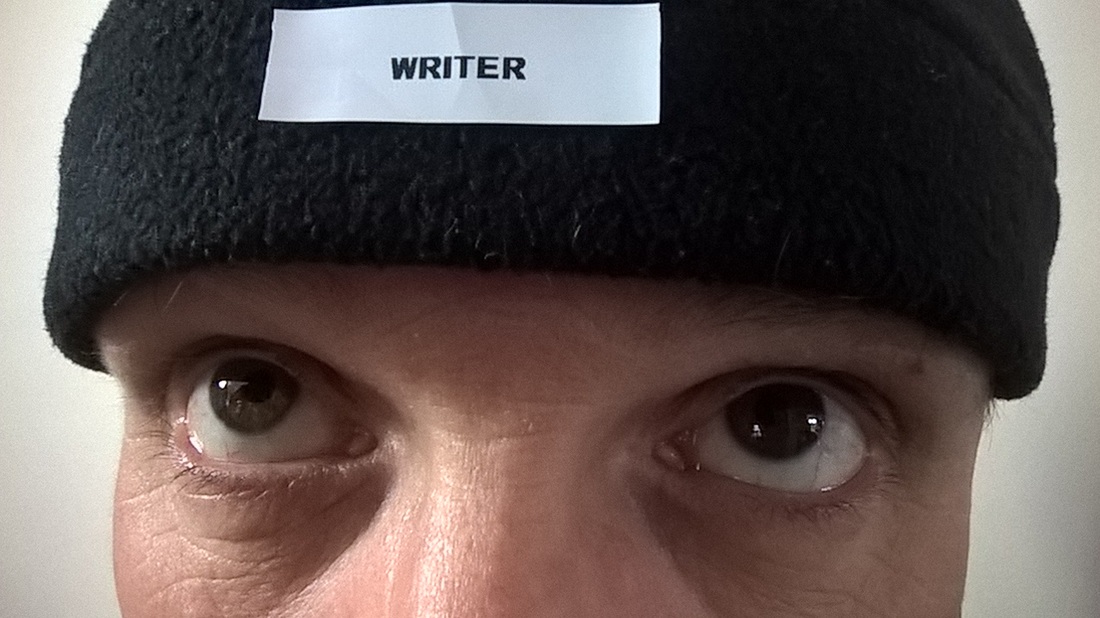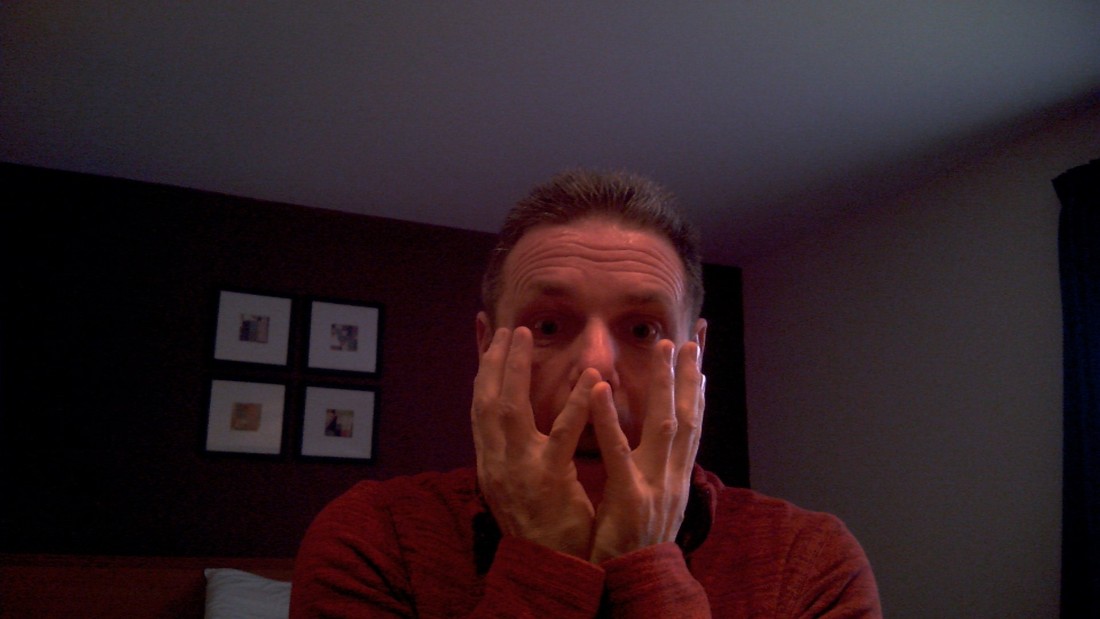|
The Thursday Thesis - 25/08/2016
“Shoulda, Woulda, Coulda... are the last words of a fool” I’ve lost count of the number of times I’ve heard players say “If only I’d known that right at the start...” or “I should have been told that before!” I once heard it when a lifelong player learnt to play bar-chords in less than a minute, when they’d failed for over fifty years to play them. I heard it when a beginner realises that there’s no catch to making things easy and fun. I hear it whenever a struggling player gives up the fight and lets the instrument do the job it was built to do – making life easy for the player. And I’ll hear it when I meet players for the first time, and they discover the reality of the guitar, and wonder how that “wooden box with a stick on it” has frightened them from learning to play for most of their lives. Get those kinds of insights – right now – and you’ll never look back and say “If only I’d known”. “If Only...” are the words that echo around a million unlived lives and countless broken dreams. How sad would it be if your last words on this Earth were “if only...”? What are you going to do, today, that you’ll wish you’d done years ago? © Neil Cowmeadow 2016
1 Comment
The Thursday Thesis 18/8/2016
“Play Beautiful Silences” According to most dictionaries, music is “ordered noise, with a rhythm”. But there’s something vital missing from those definitions - the Other Half of Music. Silence. Music – like life - is a complex and ongoing conversation between performer and audience; composer and listener. When we are first learning to play, we rush to make the sounds of music. We labour to play notes, chords and riffs - yet we overlook the importance of the spaces between the notes. In time, we realise that music lives and breathes in the spaces and silences. We learn that it is in the spaces between the notes or words that the audience makes sense of what we just played, said or sang. Those spaces are where they anticipate our next note, chord, word or sigh. And the spaces between the notes are where we shut up and listen for the audience’s response. Both Great and good musicians play well, but only the Great Musicians remember to craft beautiful silences and sculpt conversations with the audience. Life is just the same. Remember to listen to the spaces between the words, between the notes: play beautiful silences. © Neil Cowmeadow 2016. Wearing The Right Hat...
The Thursday Thesis - 11/08/2016 “What Would Eddie Do?” I knew what was going wrong.... Picture this: I have a whole day in my studio, to complete writing a song: or – more accurately – to try to... and I’m not making much progress. Sure, I’ve got a nice groove going, and the chord progression is strong. Not only that, but I’m building tension, partially resolving it, ratcheting-up even more tension. Everything is good, except it’s not working. The verse is great, the chorus is great, the middle section soars... But it sucks. As I’m changing the pitch of the kick drum, and lengthening its decay, I have a moment of clarity: I’m doing fine detail work, instead of getting the big picture sketched properly, first. I’m sprinkling hundreds-and-thousands onto a cake that isn’t even cooked, yet. I think I’m still writing, but I’m in engineer mode. As I’m being sucked into the vortex of detail, I realised that I’d lost sight of the one big, important thing: the song. That kick drum was a single sugar strand in the hundreds-and-thousands jar. My problem was that the cake needed baking. I made an espresso – a good way to interrupt my detail-chasing pattern – and sat on the floor, away from the studio racks and the console. How could I fix this? Who could I ask for help? I sat, staring at the bookcases that I have instead of a TV, and my eyes fell on the spine of Edward DeBono’s Serious Creativity. What would Eddie say? I thought of another of his books Six Thinking Hats, and it dawned on me that perhaps I needed more hats, some Thinking Shoes or a few pairs of insight pants. I decided to split the key aspects of writing and recording a song up into four roles: Writer: A Thrower of Sparks - Creates a basic idea. Musician: Practical and detailed solidification of the Writer’s idea. Engineer: Supervises the technical capture of the Musician’s interpretation of the idea. Producer: Directs the “Big Picture” outcome for the idea, imagining the overall sound, drawing from the Engineer’s work to put the fragments in their proper place. Now, that’s not perfect, but it’s a start. A quick rummage in my stash of hats and a fumble with the label machine, and I’m done. Now I know which hat to wear, and to confine my actions to that role. Now I had a constraint (just like last week’s blog, right?). I’m wearing my Writer’s hat, today. The simple act of putting on my Writer’s hat announces to my tiny, pea-sized brain that I’m a Writer, so I’d better sit down and write something. Simple. Which hat do you need to wear today, or for the next hour, or the next ten minutes? What’s Been Holding You Back? The Thursday Thesis 4/8/2016
Getting Your Arms Around Big Problems... “Wow!... Just look at my Great Big Problem – it’s huge, too big, really...how on Earth am I going to solve it? But the longer I look at it, and the more I think about it, the bigger it gets. How can I even start to solve it? Maybe I’ll do something else whilst I ruminate and think it over some more...” Sounds familiar, doesn’t it? Overwhelm is a common occurrence for anyone who wants to learn a new skill, change what they are doing, or take on a new challenge. But how can we tackle that feeling of being so intimidated by the task that we find something else to do instead? It turns out that applying a constraint – a limit – to yourself can be a highly effective tactic. For example, let’s suppose you want to write a new song – anything at all you like. As yet, you don’t know who is going to perform the song: yourself or someone else. Also, you have no idea of a subject for the song, and to make matters worse, you have racks-full of synthesizers and studio gadgets to offer you thousands of sounds and editing possibilities for your new song. You might go into your studio and start twiddling knobs, strumming strings, tapping on drums. You – quite naturally - kid yourself that you are actually working (honest!), but you’re just waiting for inspiration to strike.... But you’re overwhelmed by the vastness of choice and - hours later - you’re still waiting for the lightning-bolt of creativity... The problem is that you are overwhelmed by too much choice. Overwhelm – like writer’s block – prevents you from beginning to create that song, poem, novel, project, or business you‘ve always wanted to start. There’s another approach that will get you going much faster than sitting around waiting for inspiration: limit your scope. It’s strange, but the moment you limit your own scope, you go from being a vague generality to being something much more definite and specific. The moment you impose a constraint, you can focus on a fine detail. For example - writing your new song, you might try imposing one or more of these constraints:
Compare wanting to write a song with no constraints, with writing a pop vocal song in the key of F, titled “Too Good to be True”, present tense, to be performed by your favourite female vocalist. The second song looks much easier, doesn’t it? That’s the power of imposing a constraint – it’s a more definite target, and you can zero-in on it. So, pick up your pen and begin by writing down your constraints. You must only use blue ink... What are you waiting for? © Neil Cowmeadow 2016. |
Share it with your friends
It's Like This...The Thursday Thesis shares ideas which I think are worth spreading. Archives
May 2022
Categories
All
All content on these pages is the intellectual property of the author, unless otherwise stated, and may not be used in any form or reproduced under any circumstances without the authors permission.
|




 RSS Feed
RSS Feed